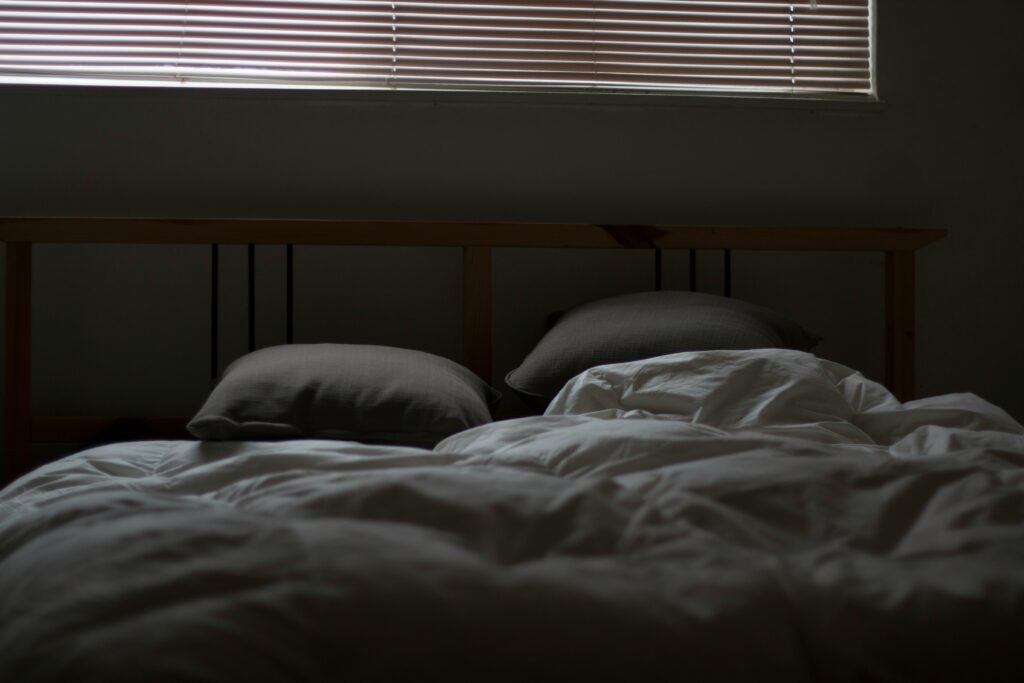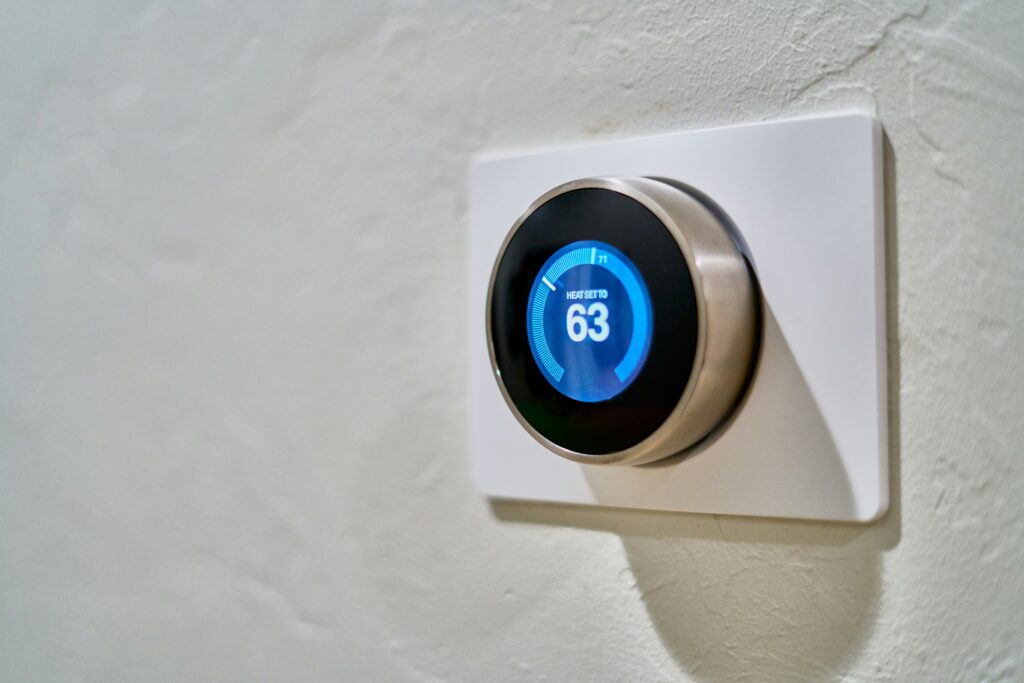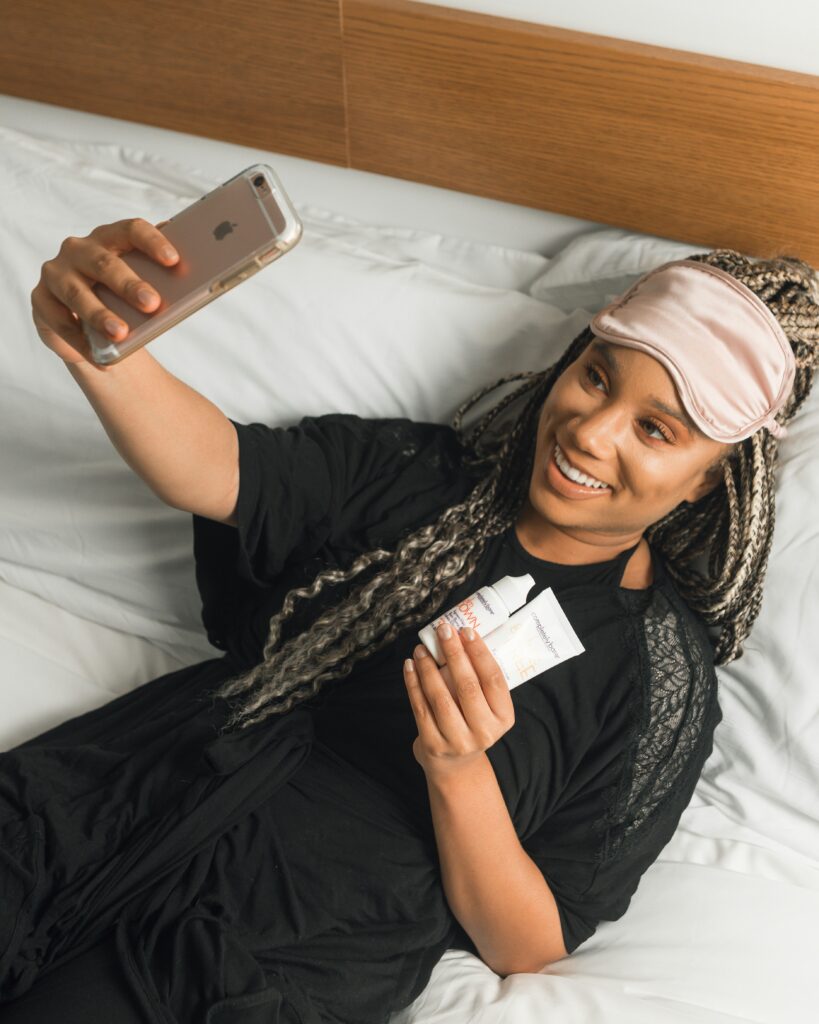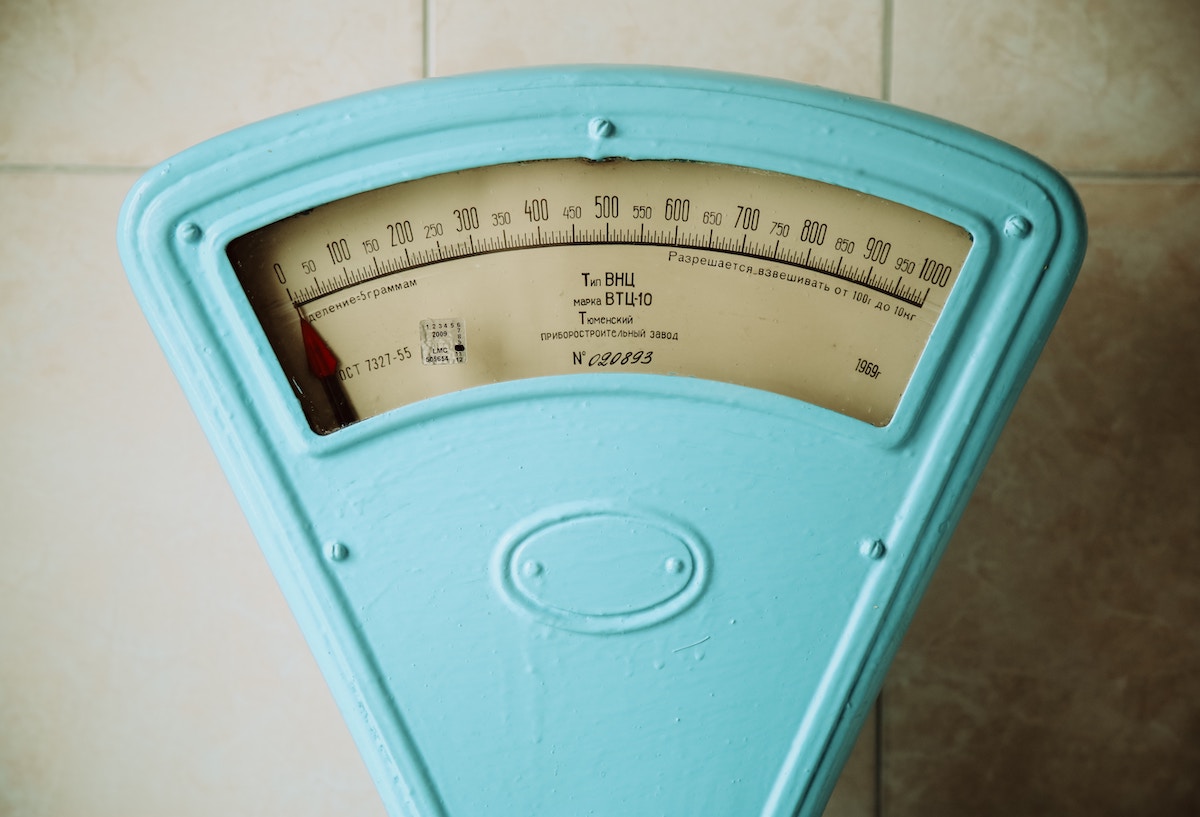How many of us can honestly affirm that we are attaining the recommended hours of sleep every night? Doctors and other associated experts recommend that the typical individual receive 7-9 hours of sleep per night. Those who receive are more prone to the incubation of numerous health issues, including a higher propensity toward obesity, diabetes, hypertension and heart disease. Moreover, it can detrimentally impair mood, cognitive functionality, and mental health.
The American Sleep Association dourly reports that 50-70 million adults in the US have a sleep disorder. While some sleep maladies are more easily remedied than others, issues like insomnia, sleep apnea, and narcolepsy require medical assessment and review. Other factors, usually related to the deleterious impacts of stress, can be successfully modulated with practice and consistency.
In this article, we’ll discuss 5 habits that can impinge on your ability to sleep. Perhaps, by its conclusion, you’ll identify pertinent ones which you can work on mitigating.
Inconsistent Sleep Schedule

Your body operates under the influence of circadian rhythms, a natural oscillation of energy your body allocates toward expected activities which transpire during the day. Food consumption, emotional stress, physical exertion, social environment and even temperature can all transform the flow of one’s circadian rhythms.
What your body anticipates shares a close correlation with when it reaches both its zenith and nadir of energy levels. If your sleep patterns are variable, your body becomes confused as to when it should adjust to “sleep mode.” In consequence, begin to make a concerted effort to organize your sleep schedule to accord to specific times. In time, your body will become acclimated to the arrangements you’ve devised.
Set To Room Temperature?

Your circadian rhythms respond more acutely to particular stimuli, among them lighting, sound, and temperature. What room could be less conducive to sleeping than a space featuring amplified sound, fluorescent lighting, and a stiflingly warm atmosphere? No, the ideal setting for unperturbed sleep is a cool, quiet, dim environment.
If you are unable to identify a suitable place, there are adaptations you can foster to orient your environment toward one more inviting of proper sleep. That could include earplugs, auditory inhibitors to dilute the ambient noise surrounding you; a portable fan, not only to accommodate a cooler temperature, but to inculcate a moderating sound of relaxing “white noise;” as well as a sleeping mask, to militate against any proliferating light in the vicinity.
Caffeine and Alcohol

You might assume that the excessive consumption of caffeine could be detrimental to your sleeping patterns. You’d be correct. Caffeine, aside from acting as a stimulant, simultaneously blocks adenosine receptors which facilitate sleep. Stifling the flow of adenosine can invoke feelings of alertness and alarm that are adverse in the process of sleep onset.
You might think alcohol, as a natural depressant, would assist in engendering quality sleep. You’d be incorrect. According to numerous studies, while alcohol can certainly imbue one with a conspicuous feeling of drowsiness, it nevertheless is not a successful agent in ensuring sustained sleep. It is more an effective aid in disruptive rest, causing those who’ve become effectually inebriated to wake up intermittently at sporadic points throughout the night. Moreover, alcohol can also impinge on the quantity of REM sleep you’re able to attain, inhibiting the process of memory consolidation.
Jet Lag

Travel involves the cumbersome problem of jet lag. As we cross into different time zones, our bodies have to adjust to an entirely new schedule. If one’s body is calibrated to seek sleep at 10 PM PST, it’s consequently daunting to suddenly request it become tired at 10 PM EST.
There are several strategies to moderate the effects of jet lag. Presuming you’re aware that you’ll be traveling soon, slowly begin to acclimate your body to a new sleep schedule at home. Doing so will soften the transition to a new time zone. This process can even be integrated into your destination flight: If it’s already nighttime at your destination, it might be prudent to take a nap on the plane, setting your internals to “sleep mode.” If, on the contrary, you’re traveling during the day, stay awake while daylight persists – Napping can actually be an impediment to establishing a new sleep schedule. And finally, during your trip, adhere to a diet of light foods, ones unlikely to prompt indigestion during resting hours.
Ineluctable Electronics

What can’t be made worse by the invasion of electronics? It seems only a panoply for woe, a cacophony of censorious sound.
Smartphones, alas, are an addiction maladapted to treatment. They are inescapable props of contemporary life. They, also, are injurious to sleep. With information so accessible via these instruments, it is no wonder that they are so efficacious in dismantling our peace of mind and stirring unrelenting bouts of restlessness. In addition, they are also potent in eviscerating the biology of sleep: Smartphones, televisions, and computers all emit a blue light that upsets the oncoming of sleep.
Do your body an essential service and discard your phone in favor of a book. You’ll not only avoid unhelpful light, you’ll also avoid the radioactive mental degradation catalyzed by excessive indulgence in social media.
For additional articles on effective sleeping habits, reference the following articles:
Psychological Tricks That May Help You Sleep



